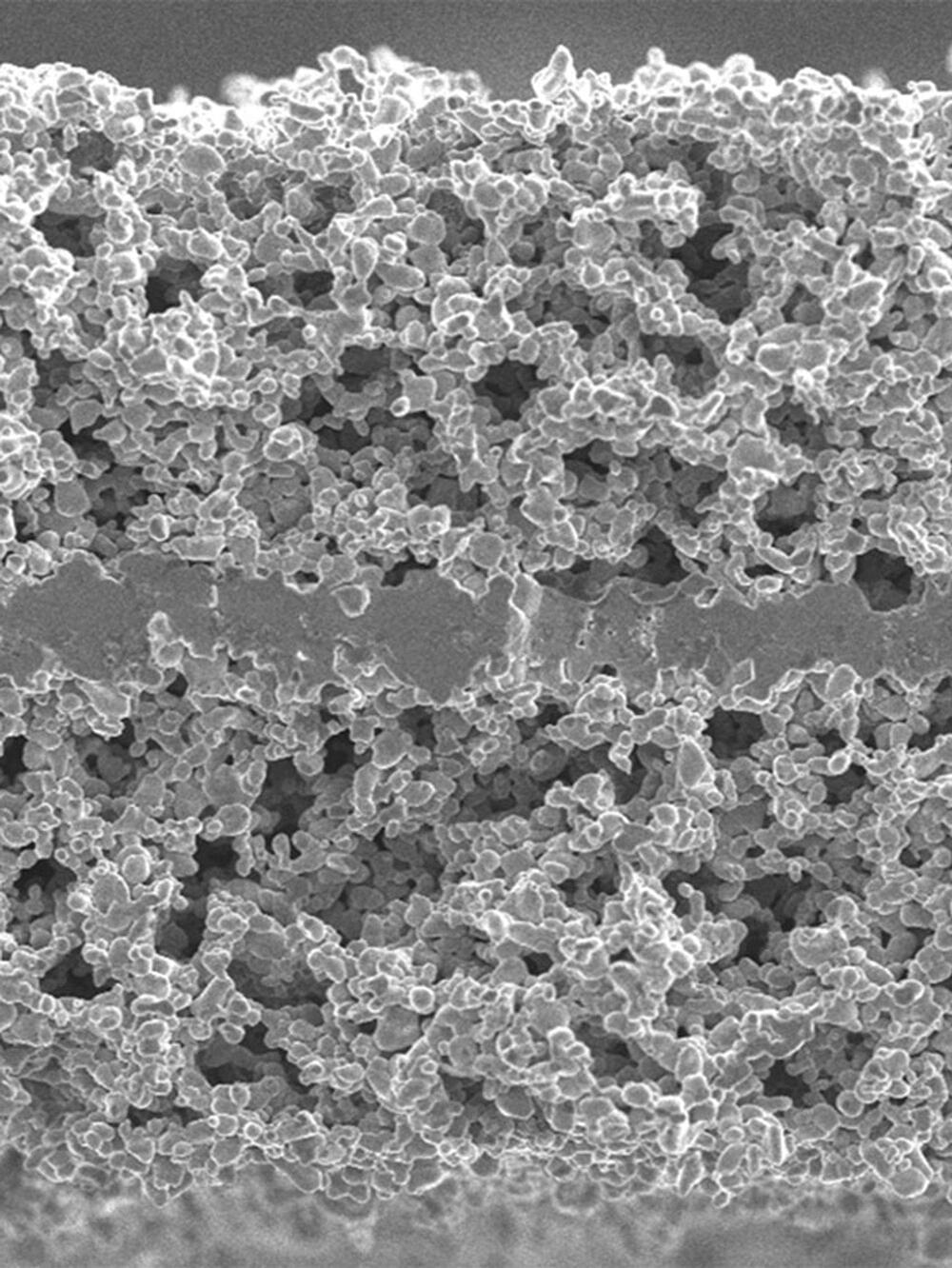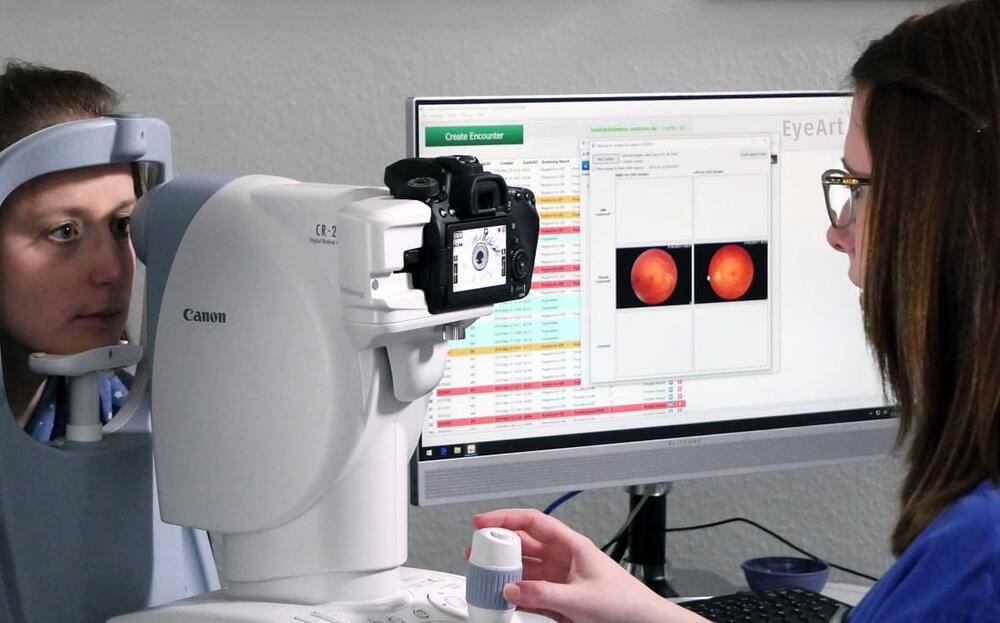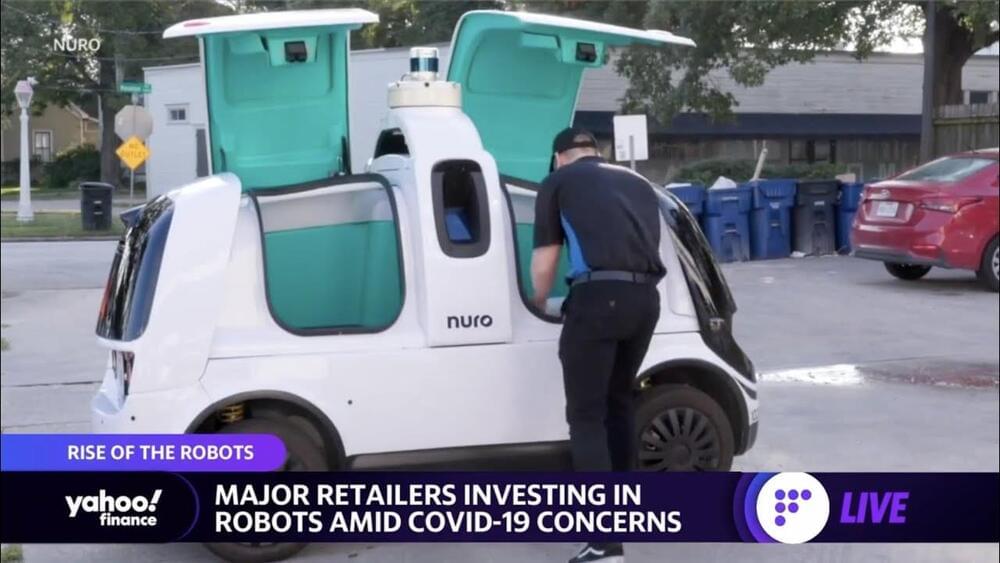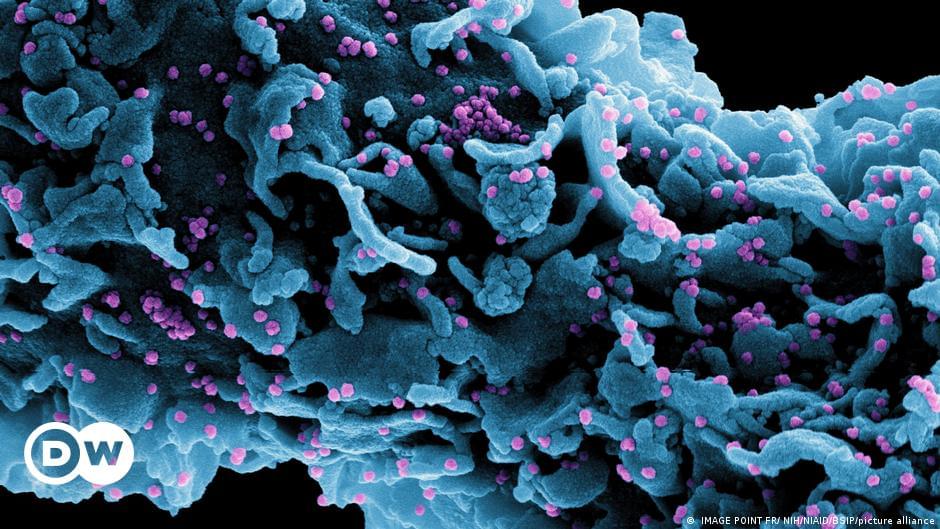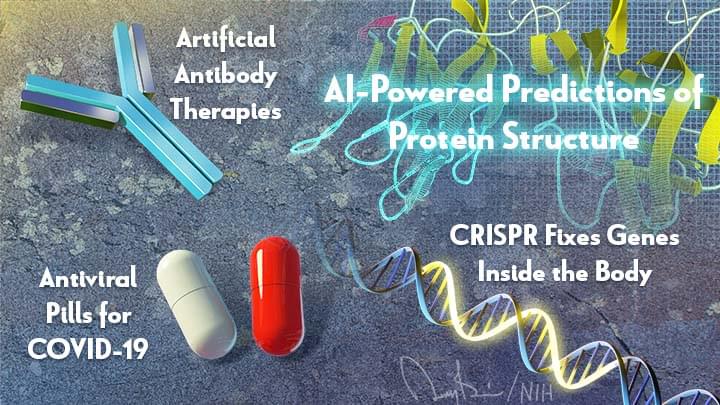Jan 5, 2022
Regenerative Braking & Energy Storage Without Batteries? Hobbyists Are Figuring It Out
Posted by Quinn Sena in categories: employment, energy, transportation
One of the best thing about electric and hybrid vehicles is that the energy doesn’t get completely wasted when you need to brake. By using an electric motor as a generator, you can slow a vehicle down and put some of that kinetic energy into a battery pack so you can use it again later. Sure, there are conversion losses both going into the battery and coming back out to the wheels, so you don’t get a lot more than half of the energy back, but an ICE vehicle turns all of that energy into heat, which gets dissipated into the air.
Electric bikes, scooters, and other micromobility options can do regenerative braking, too. This is great for getting better range and doing fewer brake jobs, just like in a car.

